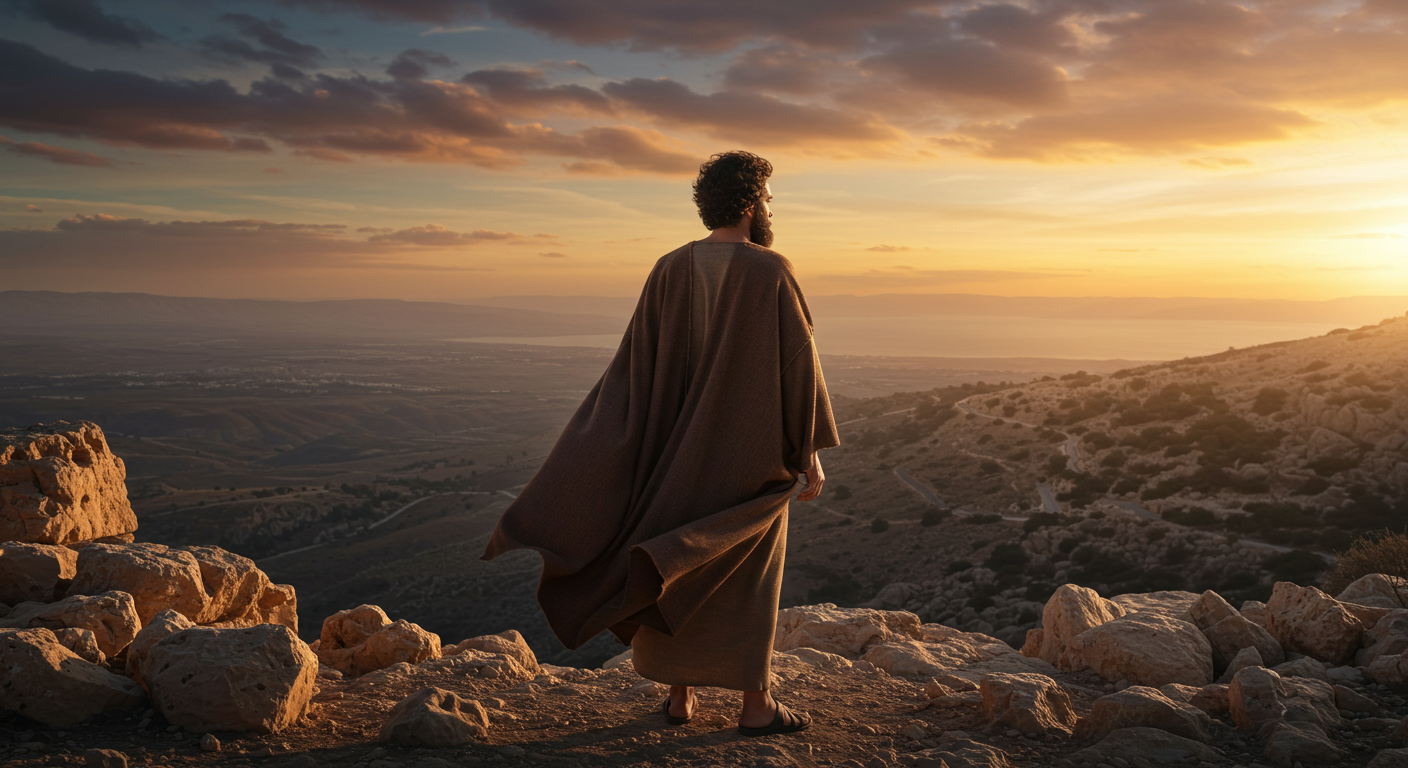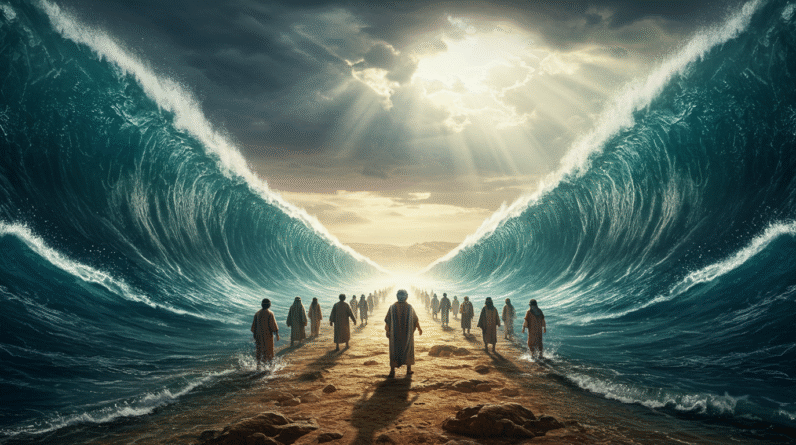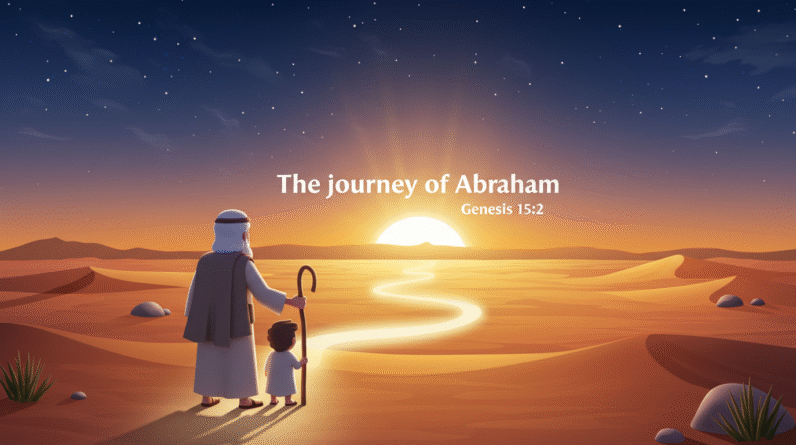Delve into the powerful tale of Elijah, the Prophet of Fire from 1 Kings 18:16-46, where faith confronts falsehood, inspiring resilience amid today’s moral challenges.

Elijah: Prophet Of Fire – 1 Kings 18:16-46
In the heart of biblical narratives, where human frailty meets divine intervention, there stands a figure of resilient faith and fiery passion—Elijah the Prophet. Known as the Prophet of Fire, Elijah’s story is interwoven with remarkable demonstrations of God’s power, spiritual confrontations, and personal struggles. His life offers a profound exploration of steadfast belief amid overwhelming odds, set against the backdrop of an ancient world rife with idol worship and moral decay. Join me as we delve into the fascinating account of Elijah on Mount Carmel found in 1 Kings 18:16-46, a story that continues to resonate with modern-day parallels.
Their Story in the Bible
In a time when the land of Israel was dry both physically and spiritually, Elijah emerged as a beacon of prophetic truth in opposition to King Ahab and Queen Jezebel’s pagan influences. The land had suffered a severe drought—a divine response to Israel’s turning away from Yahweh to serve Baal, a deity of storm and fertility. Elusive and determined, Elijah challenged the prophets of Baal to a dramatic showdown on Mount Carmel.
Picture the scene: the eerie silence of a parched nation anticipating a resolution. Elijah stood firm before 450 prophets of Baal, an uncompromising lone voice challenging the mainstream (1 Kings 18:22). His request was simple yet profound: two bulls would be prepared for sacrifice, but no fire was to be lit. Instead, the true God would respond to the sincere pleas of His prophets with fire from heaven—a compelling, unambiguous proof of divine authority.
Despite fervent cries and desperate rituals performed by Baal’s prophets from morning until evening, their altar remained cold and untouched. Observing their futile frenzy, Elijah confidently stepped forward. He constructed an altar to the Lord using twelve stones symbolic of Israel’s tribes, restoring what had been forgotten. Then, he drenched the sacrifice and altar with water, amplifying the impossibility of human intervention.
As Elijah prayed, the sky opened, unleashing a consuming flame that devoured the offering, the wood, the stones, and even the water. Witnessing the undeniable power of Yahweh, the people fell prostrate, acknowledging, “The Lord—He is God! The Lord—He is God!” (1 Kings 18:39). Elijah’s unwavering faith had rekindled a nation’s covenant with its Creator and heralded the end of the devastating drought.
Lessons from Elijah’s Life
Elijah’s steadfast adherence to his calling, even when facing seemingly insurmountable challenges, offers rich lessons for us today. His life underscores the importance of faithfulness in executing God’s directives, irrespective of societal pressures or personal risks. When Elijah faced Baal’s prophets, he demonstrated that genuine faith is proactive—demanding confrontation with systems of falsehood for the triumph of truth.
From Elijah’s obedience, we learn that real faith often requires us to stand apart from the crowd. His courage in the face of opposition reminds us that our strength lies not in numbers but in the assurance of divine backing. Furthermore, Elijah’s story tells us about the power of intercessory prayer—he connected with God not only as a prophet but as a friend seeking genuine communion. In doing so, Elijah’s life illustrates how fervent prayer can draw down heaven’s response, catalyzing change in the natural world.
Connection to Today’s World
In our world brimming with competing ideologies and alternative truths, Elijah’s story remains sharply relevant. Like him, we are often called to navigate spaces where truth wars against deception, and our convictions face relentless questioning. Elijah’s resolve to speak truth amid moral compromise serves as a roadmap for living authentically, driven by principles rather than public opinion.
For many today, especially when inundated with information and divergent belief systems, discerning and standing for the truth can feel daunting. Elijah’s story reaffirms that steadfast adherence to divine principles cultivates resilience. In family dialogues or communal discussions, holding fast to one’s beliefs fosters environments where truth can rise above confusion, just as Elijah led Israel back to acknowledging Yahweh.
Key Bible Verse
“And at the time of the sacrifice, the prophet Elijah stepped forward and prayed: ‘Lord, the God of Abraham, Isaac, and Israel, let it be known today that you are God in Israel… Answer me, Lord, answer me, so these people will know that you, Lord, are God, and that you are turning their hearts back again’” (1 Kings 18:36-37).
This prayer encapsulates Elijah’s mission as a mediator, not only asserting God’s supremacy but also seeking the spiritual renewal of his people. It speaks to the transformative power of prayer driven by a sincere desire for others’ redemption.

Thought-Provoking Question
In moments of uncertainty or fear, do you possess the courage to challenge prevailing misconceptions and align yourself with truth, as Elijah did on Mount Carmel?
Historical/Cultural Context
Elijah’s lifetime around the 9th century BCE was characterized by syncretism—blending Yahwism with local Canaanite customs, primarily the worship of Baal. Baal’s devotees sought to ensure agricultural success and economic prosperity through ritual practices. Elijah’s stance against Baal highlighted a spiritual tug-of-war, representing not merely a theological disagreement but a critical cultural confrontation influencing national identity.







